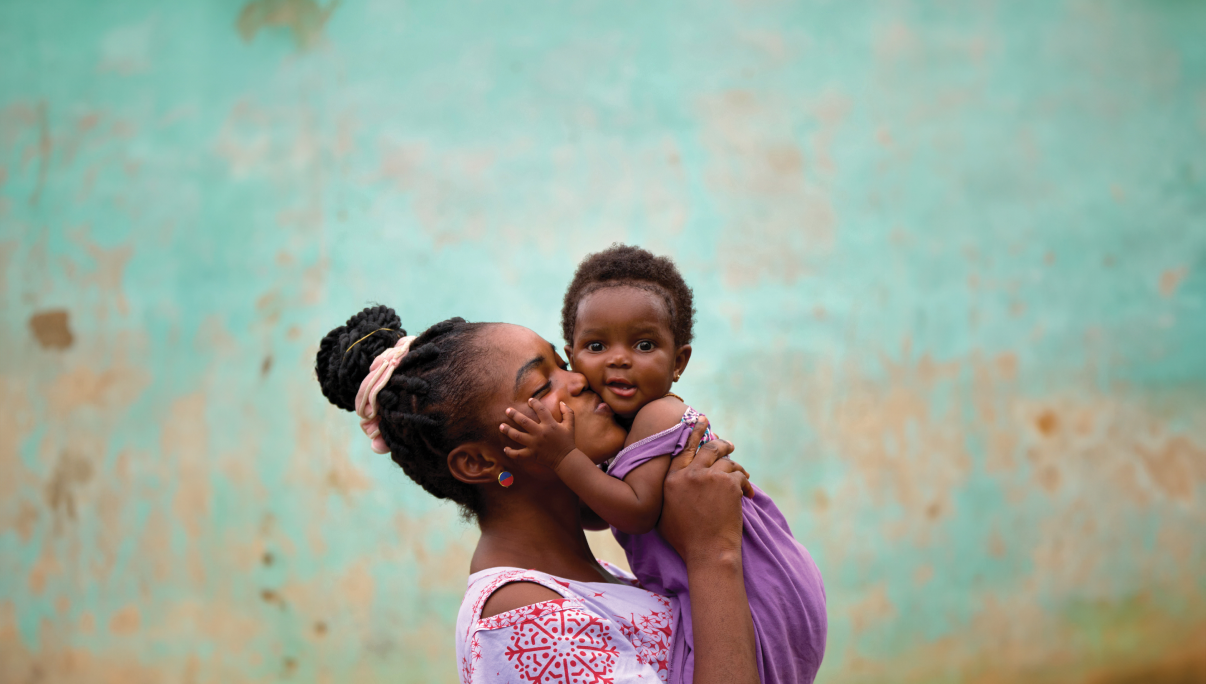Despite major progress in global health over recent decades, women and children continue to get left behind. Women’s and children’s health continues to be underfunded, and maternal and child mortality remains unacceptably high.
Despite major progress in global health over recent decades, women and children continue to get left behind. Women’s and children’s health continues to be underfunded, and maternal and child mortality remains unacceptably high.

92 %
Nearly all maternal deaths occur in low- and middle-income countries
26 million
Each year, about 14 million women hemorrhage in childbirth
2 minutes
Every 2 minutes, a woman dies of cervical cancer
5 million
Nearly 5 million children die before their 5th birthday each year
A historic one-size-fits-all approach, largely based on the needs and physiologies of men, has contributed to countless gaps in care. Research, products, and policies are often designed with adult men in mind, leaving significant gaps in understanding, treatment, and access.
Pregnancy and childbirth represent the critical intersection of women’s and children’s health – yet they remain among the most neglected areas of care. Nearly all maternal deaths occur in low- and middle-income countries, mostly from complications that are largely preventable and treatable.
Diagnostic tests developed for adults are often not sensitive enough to identify disease in children and medicines and other treatment devices must be adapted to ensure they are safe, effective and palatable for the youngest and most vulnerable, while additional investigation is necessary to guide correct dosing. Without additional funding and attention, children often go undiagnosed and untreated for preventable, treatable diseases.
Even when solutions exist, high prices, weak markets, and supply challenges prevent essential tools from reaching women and children who need them. Those challenges are often compounded by the unequal societal treatment of women and girls, which can limit their control over decisions about their bodies and undermine access to health information and services.

Our work ensures the most promising health technologies and interventions reach populations that need them as quickly as possible. Below are just a few examples of the health tools we support.
For the prevention of cervical cancer in low- and middle-income countries.
Fruit-flavored, properly dosed medicines for preventing and treating all forms of tuberculosis (TB) in children.
A heat-stable alternative to oxytocin, the most used medicine for preventing life-threatening bleeding in childbirth.
An effective medicine that averts death in women who experience extreme blood loss after giving birth.
Bubble continuous positive airway pressure (bCPAP) devices and oxygen blender systems offer a non-invasive way of ventilating newborns who are struggling to breathe.